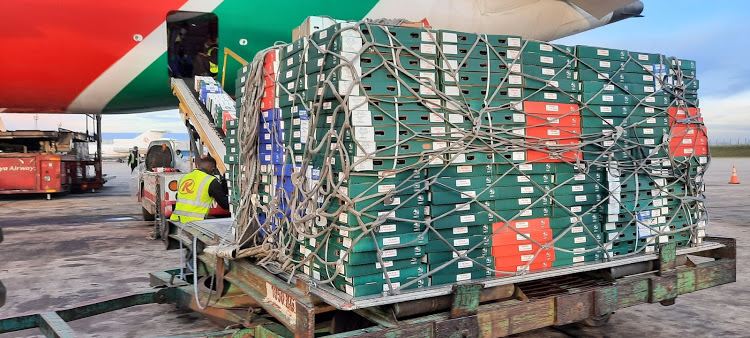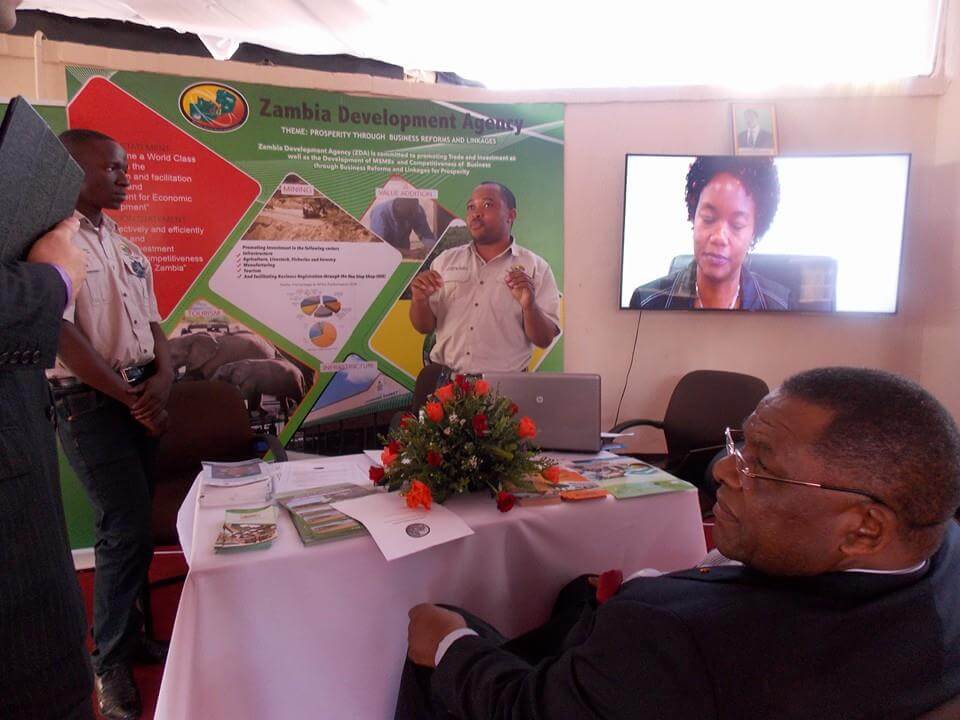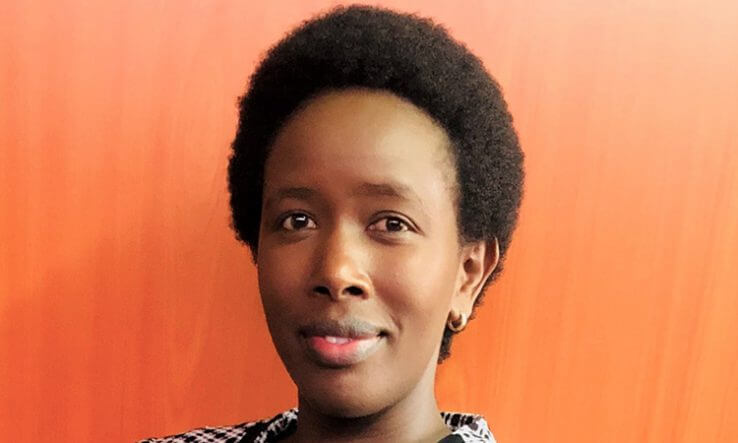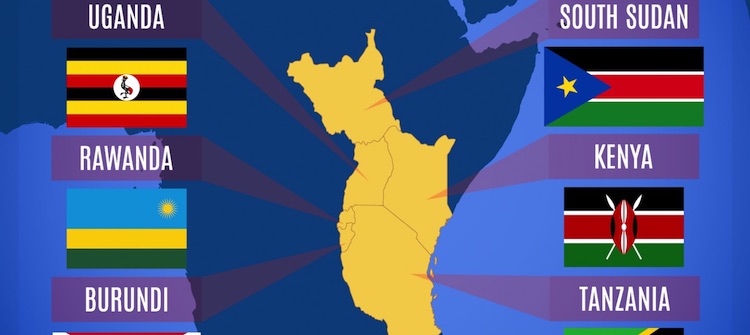The Budget and Appropriation Committee wants Kenya to conduct a study on key existing and potential export markets, to drive growth of the sector. The State Department for Trade has been tasked to undertake the survey, which will also look into the need to establish trade offices or logistical centres in various regional economic blocks and countries with bilateral relationship with Kenya. This is in order to focus on international export opportunities that match Kenya's current and potential business capability, the MPs say, noting the country's exports fall way below the potential. “The study should be completed by December 31,” the committee led by Kieni MP Kanini Kega has said. Kenya's export quality has largely remained unchanged with the country exporting most raw , primary products as opposed to manufactured goods, the committee has further observed. “Our export volumes have remained below potential mainly due to failure to meet the market phytosanitary requirements and quality standards. The country is also underrepresented in terms of trade representative offices in key existing and potential export markets,” the Mps have noted in their report on the 2021/2022 financial year budget. While the National Treasury has proposed to post 22 trade attaches in various missions abroad, the the number is not enough, the committee has noted. To facilitate the expansion of exports and growth, the Mps wants an export management office (EMO) established, which will have representation from all agencies that deal with the entire export value chain of Kenyan products. This will be led by among others,...
Budget committee calls for study on export markets
Posted on: June 10, 2021
Posted on: June 10, 2021
























